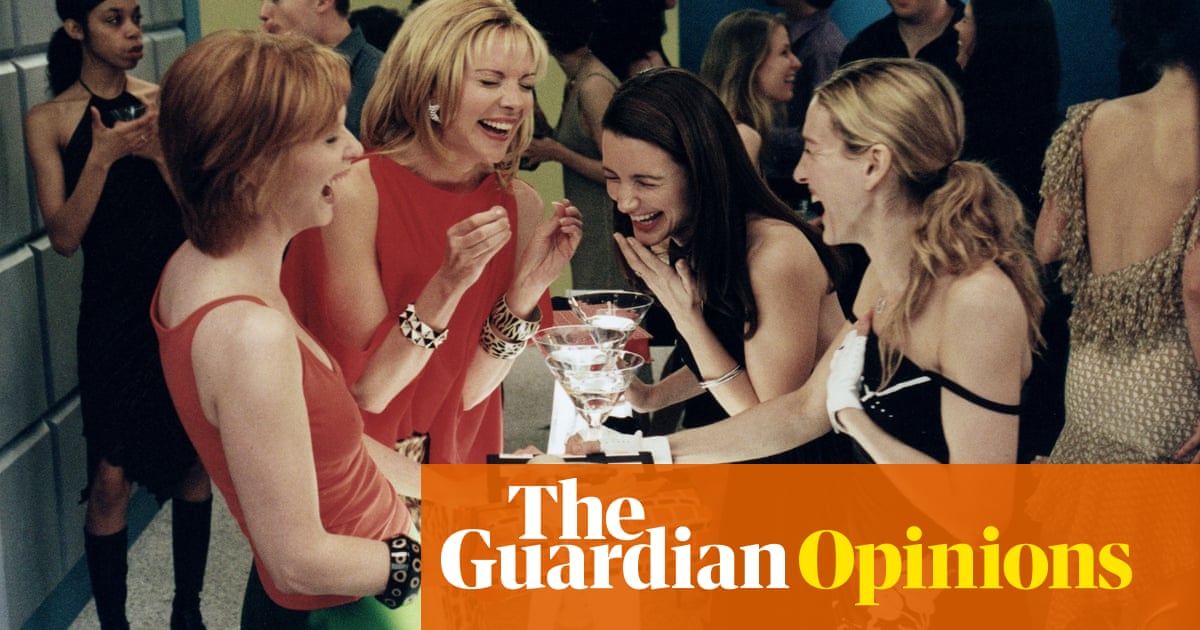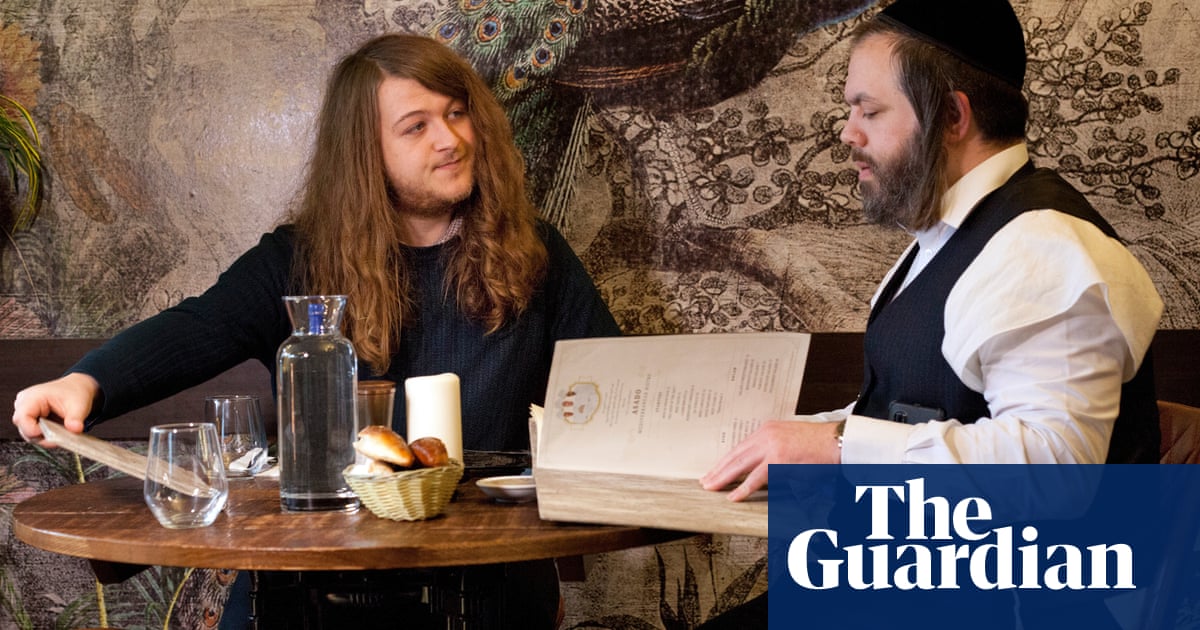
Mikel Merino was going into battle but at least he had a song to sing. There’s a pause, a smile and he begins, memories of St James’ Park. “He comes from Spain and he’s effing class. In fact, he’s better than Fàbregas: it’s Merino, la, la, la, Merino.” The lyrics haven’t left him, then. None of it has, he says laughing. “What I most take with me, the thing I’ll remember when the years pass, is the fans; the way they lived football.”
A former Newcastle, Manchester United, Manchester City, and Arsenal player walk into a club. It could be the start of a joke; on Thursday, it’s part of Real Sociedad’s lineup: Merino, Adnan Januzaj, David Silva, and Nacho Monreal facing an English team for the first time since departing the Premier League. “We talk about it sometimes,” Merino says. “It’s unique, special, we miss it. But we’re delighted to be here now.”
How could they not be? San Sebastián may be the nicest city in Spain, boasting beautiful bays and the most Michelin stars per capita in Europe, and la Real might well play the nicest football. Fifth in La Liga, they have a Copa del Rey final in three weeks. And for Merino, it was a homecoming, just 83km from Pamplona where he was born and raised. He was only 22, but he had set off early and alone, and needed this. The move was good for him; his form outstanding, an international call-up followed.
The son of a professional footballer and a basketball player, Merino began at Osasuna, where his dad had played more than 200 games and where he watched Patxi Puñal, Pierre Webó and Savo Milosevic reach a cup final and the Champions League, but departed having led them to promotion back to the first division. He had just turned 20 when he joined Borussia Dortmund under Thomas Tuchel – “very methodical, with a very clear style” – and 21 when he went to Newcastle.
“An adventure”, he calls it, but it wasn’t always how the midfielder had imagined it. “There are moments you’re not happy. Sometimes people think a footballer is a machine, but I went not knowing how to do anything for myself, and at times you’re lonely. I wasn’t playing much and had to mature. The situation forced that on me. But I don’t regret it: I wanted to leave my comfort zone, take a step forward, see the world, and as a life experience it was enriching.”
A new football, too. In Navarra, they talk about “rasmia”, a will to win, pride, “bad milk”, as Merino calls it: that edge, competitiveness, and toughness that stands apart from much of Spain. But even then Germany was different and England different again. “When people ask about the Premier League, I tell them: when I was going to play, I was preparing myself mentally to go to war,” he says. “I was going out thinking about the fight.
“In Spain, heading on to the pitch you’re thinking about tactics, positions, the ball. In England, I didn’t think much about the ball; it was more about the battle. I am who I am because of the Premier League: it made me harder, stronger, taught me to take the hits. You have a perception of football and you get there and it’s not that: it’s more physical, more direct, the game doesn’t stop, these are men with enormous bodies. I understand why some can’t adapt.
“The league changes you. I remember Rafa [Benítez] telling me to play quickly, one or two touches. He said if they get to you, they’ll hit you or take the ball.”
Asked who stood out, Merino names Eden Hazard, Philippe Coutinho, and Romelu Lukaku: “You couldn’t move him. So strong, like something from another sport.”
He recalls Benítez’s “very, very methodical” management. “It’s a pity there was that [difficult] relationship with the owner, that the supporters were unhappy. You could feel it: the players knew. But the fans were spectacular. There’d be the chance to break and they’d go mad. It could be 70 meters from goal and …” Merino’s eyes open wide. “… And they thought we might score. What hurt most about leaving was the fans. I was happy but never quite felt 100% in football terms. And the chance came to go home.”
Real Sociedad paid his release clause, €12m. It was the perfect place, with a powerful identity that fits his. Twenty of Real Sociedad’s squad played for the club at junior level, 17 are Basque, Merino and Monreal are from neighboring Navarre, which some consider Basque. Even Silva, from the Canaries, began on loan at Eibar.
“That’s very important,” Merino says. “When you bring together people similar in age, ideology, character, people from within the club with shared values, a way of feeling this land, everyone pulls together. We’re very humble, decent, normal people, which helps when defending each other, when you have to say something. Join this group and you feel that. And we have a playing style that’s nice for fans and we love and identify with: daring, offensive.”
It starts in the rondo, where one member of the first-team staff says Merino and Mikel Oyarzabal are the “barristers”, challenging everyone and everything. “Cruyff said the rondo is the basis of football: it has many of the characteristics of a match, particularly for teams like us, Villarreal, Barcelona, who want the ball: you have to read the defender’s movement, use both feet, control quickly, move it fast, keep it. There’s that competitiveness, too. It’s a game on a smaller scale; if you can dominate tight spaces, you can dominate the pitch.”
Some of the fun has gone, though. The first leg has been moved to Turin because of bans on flights into Spain and there will be no fans. “Football is an excuse for enjoyment,” Merino says. “It’s the game and everything else, seeing another city, coming together. It’s a shame United’s fans couldn’t come to San Sebastián.”
What’s it like without fans? “Well, it’s more boring. There’s less energy, less tension; it’s calmer, more mental, more tactical. When 50,000 people are watching you receive the ball, it changes how you play. But we’re getting used to it; it will be weird when fans return, which hopefully is soon because that’s the most important thing in football.” Real have been denied more than supporters; Turin is their “home” game, and although Juventus’s stadium was chosen from a list of Uefa options because of its similarities to their own revamped arena, that’s a pain. “Yeah, it is: I’m not going to lie,” Merino says.
Should the away goals rule be scrapped, then? “In football, you never know; you might think they have an advantage but that can change. The away goals rule will still apply, we know that. And we won’t mind playing in Turin. United have very good players and in a moment they can kill you: one minute and the damage is done. But this is another chance to prove we’re a very good team that plays well anywhere and our idea won’t change. We won’t ever forget our identity.”
(The Guardian)












